The Intersection of Leadership and Mental Health: supporting Yourself and Others
Rose Marcario’s journey from finance to Patagonia reveals how self-awareness, empathy, and mental balance redefine leadership and sustain long-term performance.




